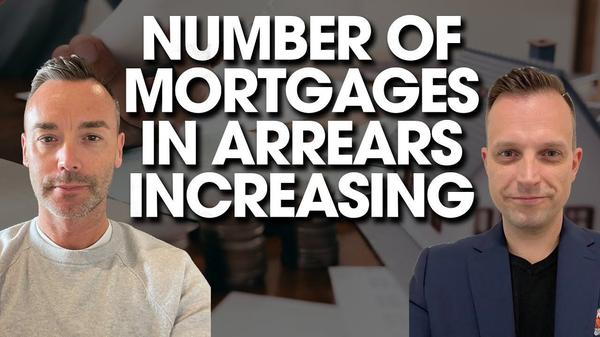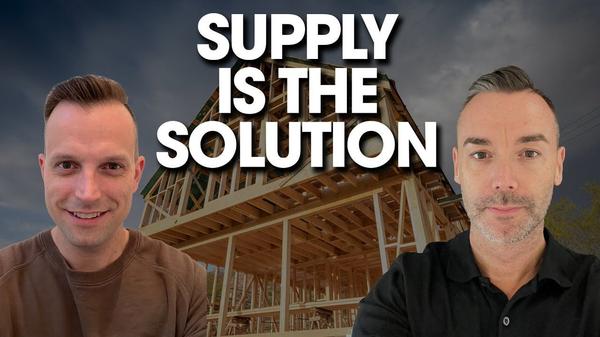Condo Inventory Spike May Be Just The Beginning
Consumer confidence in the Real Estate market is a vital economic barometer and has taken a worrisome downturn. In September, confidence plummeted to levels nearly as low as during the peak of the pandemic and the Global Financial Crisis, setting off alarms that a recession may be looming. A significant red flag emerged as respondents expressed a high degree of pessimism, with 70.5% feeling that it's a bad time for major purchases.
This pessimism isn't confined to households; it's also evident in the business community. Furthermore, per capita GDP is showing further signs of contraction, declining at a rate not seen since the financial crisis. This metric holds significant importance as it provides a glimpse into the state of the middle class, reflecting the overall health of the economy.
Comparatively, Canada's population growth remains uncertain, with fluctuations and significant undercounts. The latest data shows a record year-on-year population growth of nearly 1.2 million, following a sharp downward revision in the previous quarter. Interestingly, this revision came after reports that temporary residents had been undercounted by approximately 1 million, an issue that Statistics Canada did not dispute! These discrepancies highlight the lack of clarity in understanding Canada's actual population growth and shows how our immigration program has been run amuck.
In the real estate market, Toronto is experiencing a substantial slowdown, with sales declining by 1.8% month-over-month and 3.6% over the past two months. Sales have dropped by 22% since their peak in May, particularly impacting the condo and detached housing segments, which are both at 20-year lows in terms of sales. This drop in sales has led to a surge in inventory, which has risen by 11% month-over-month and 44% year-over-year! New listings have also increased, reaching levels 10% above the norm. Investors with an 80% loan-to-value ratio and today's mortgage rates are facing negative cash flows of -$1,375. This marks a significant departure from being cash positive just a few years ago and may lead to further increases in condo inventory.
Vancouver has not yet experienced the same levels of negative cash flow and is currently sitting around the five-year average, which is 40% lower than 2020. In the construction sector, there has been a decline in the number of dwellings under construction in Toronto, with a 4.2% drop in August, the most significant decline since 2015. This decrease is particularly noteworthy because under construction counts had been steadily increasing since 2016. A similar trend is also visible in Vancouver, with a 1.2% decline in September, driven by a 2.4% drop in the condo segment.
The real estate sector is typically a leading indicator for the overall health of the economy. As more and more households struggle with higher and higher rates, we suspect more pain will come before it gets better. Tune into this weeks Podcast and get the full breakdown.
Categories
Recent Posts

Vancouver Real Estate Market Update For November 2023

Toronto & Vancouver Real Estate Markets TUMBLE

How Did Rent Get So HIGH!?

Housing Supply Policies Coming FAST

Developers Pulling Back As Governments Demand More Housing

Condo Inventory Spike May Be Just The Beginning

Vancouver Real Estate Market Update For September 2023

5 Reasons NOT To Sell Your Home In 2023

High Rates For 2 Years Would Dramatically Change Housing

Canadians Feeling The Pain From Bank Of Canada Rate Hikes